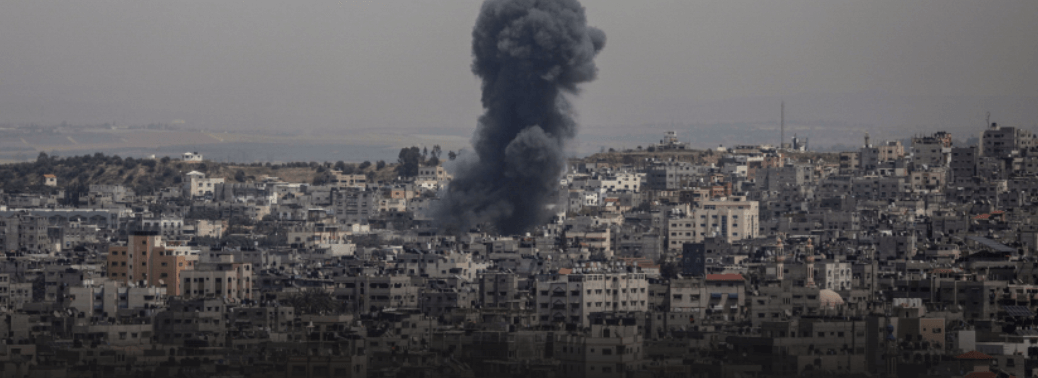GAZA FIGHTING
06, May 2019

Prelims level : International
Mains level : Governance, Constitution, Polity, Social Justice and International Relations
Why in News
- Fighting between Israel and Gaza escalated rapidly in the worst combat since the last full- blown war in 2014, with Palestinian rocket and missile attacks killing Israeli civilians and Israeli forces taking aim at individual Gaza militants.
Details:
- The Palestinians said that they had reached a cease-fire with Israel.
- That news appeared to be confirmed indirectly when the Israeli military on lifted restrictions on citizens living near the border with Gaza.
- The outbreak of violence appears to have begun when a sniper wounded Israeli soldiers, a violent but localized expression of Palestinian impatience with Israel’s failure to alleviate dire humanitarian conditions in Gaza.
Israel-Palestine conflict
- The Israel-Palestine conflict – often referred as the ‘world’s most intractable conflict’ – is rooted in a dispute over land claimed by Jews as their biblical birthright and by the Palestinians, who seek self-determination.
- Despite repeated attempts to end the conflict between the two countries, there is no peace settlement in sight.
- In 1967, Israel launched a pre-emptive strike against Egypt, Syria, and Jordan and at the end of this Six-Day War, Israel captured:
- Golan Heights from
- West Bank and East Jerusalem from
- Sinai Peninsula and Gaza Strip from
- The 1967 war is particularly important for today’s conflict, as it left Israel in control of
- the West Bank and Gaza Strip, two territories home to a large number of Palestinians.
- Gaza and Westbank are together known as ‘Occupied Territories’, after 1967 war.
Hamas and Fatah
- In 1987, Hamas (Islamic Militant group) for the liberation of Palestine through Jihad came into existence. It refused to recognize Israel as a country. It has received support from Iran and Syria.
- On the other hand, Fatah, a faction of PLO under Yasser Arafat received support from Western nations.






